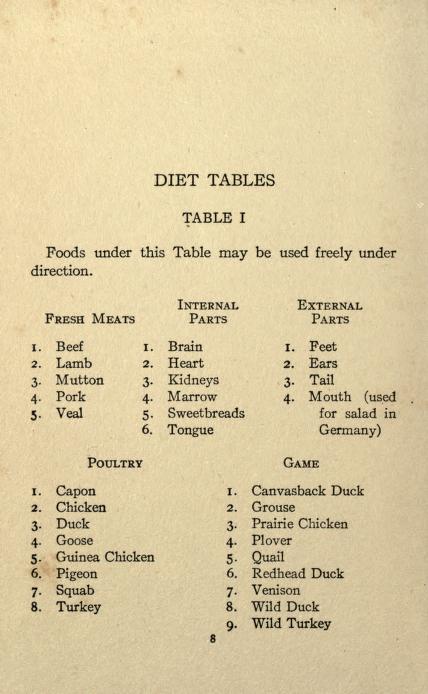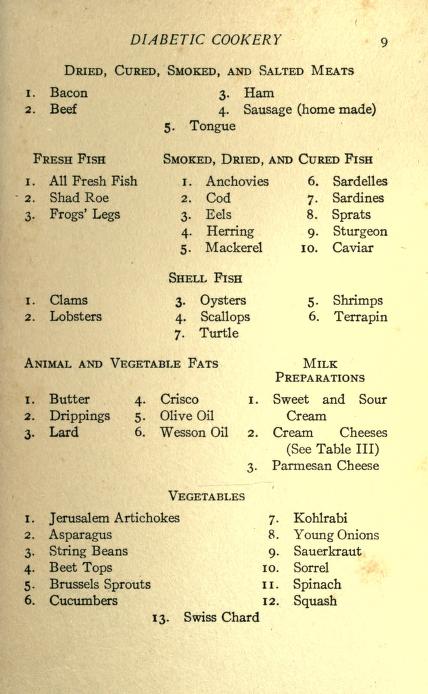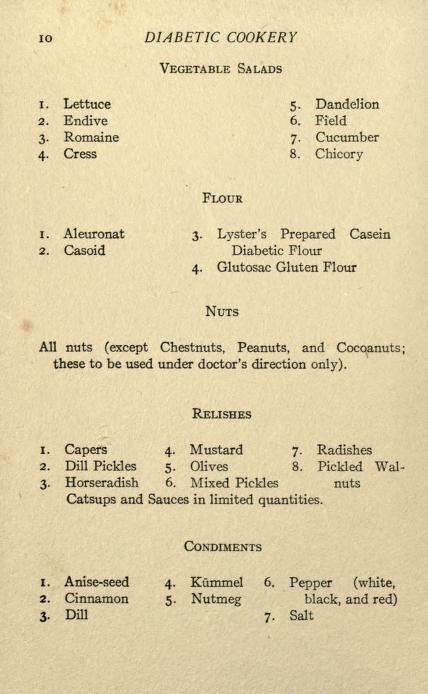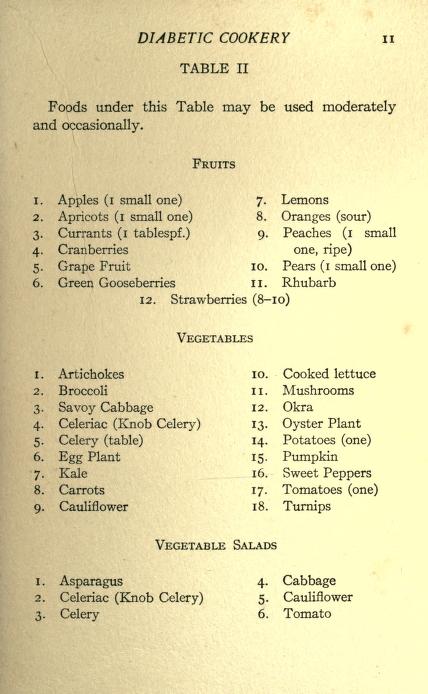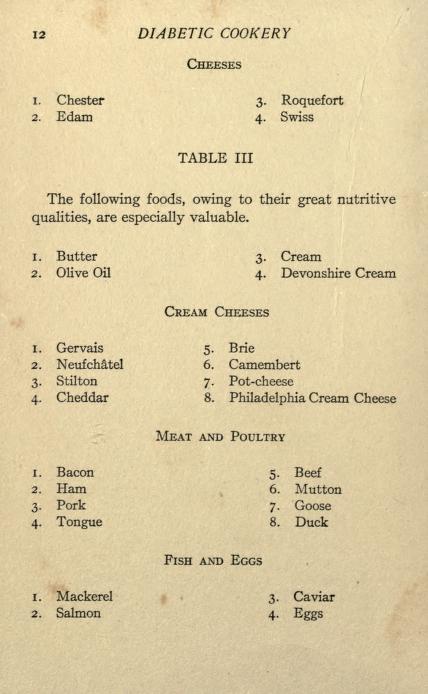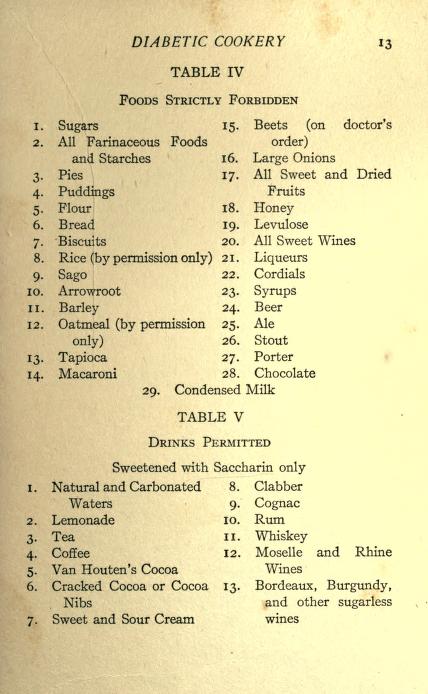I thought people might be interested in a diet recommended in Diabetic Cookery: Recipes and Menus, by Rebecca Wolff Oppenheimer (New York: E. P. Dutton, 1917).
Early 20th-century diet for diabetics
Almost keto right? Or it could totally be keto if you chose the right foods from the list. 
Here is William Banting’s diet, from his Letter on Corpulence:
I was not at all satisfied, but, . . . happily, I found the right man, who unhesitatingly said he believed my ailments were caused principally by corpulence, and prescribed a certain diet,—no medicine beyond a morning cordial as a corrective,—with immense effect and advantage both to my hearing and the decrease of my corpulency.
For the sake of argument and illustration I will presume that certain articles of ordinary diet, however beneficial in youth, are prejudicial in advanced life, like beans to a horse, whose common ordinary food is hay and corn. It may be useful food occasionally, under peculiar circumstances, but detrimental as a constancy. I will, therefore, adopt the analogy, and call such food human beans. The items from which I was advised to abstain as much as possible were:
Bread, butter, milk, sugar, beer, and potatoes, which had been the main (and, I thought, innocent) elements of my subsistence, or at all events they had for many years been adopted freely.
These, said my excellent adviser, contain starch and saccharine matter, tending to create fat, and should be avoided altogether. At the first blush it seemed to me that I had little left to live upon, but my kind friend soon showed me there was ample. I was only too happy to give the plan a fair trial, and, within a very few days, found immense benefit from it. It may better elucidate the dietary plan if I describe generally what I have sanction to take, and that man must be an extraordinary person who would desire a better table.
For breakfast, at 9.0 A.M., I take five to six ounces of either beef mutton, kidneys, broiled fish, bacon, or cold meat of any kind except pork or veal; a large cup of tea or coffee (without milk or sugar), a little biscuit, or one ounce of dry toast; making together six ounces solid, nine liquid.
For dinner, at 2.0 P.M., Five or six ounces of any fish except salmon, herrings, or eels, any meat except pork or veal, any vegetable except potato, parsnip, beetroot, turnip, or carrot, one ounce of dry toast, fruit out of a pudding not sweetened, any kind of poultry or game, and two or three glasses of good claret, sherry, or Madeira—Champagne, port, and beer forbidden—making together ten to twelve ounces solid, and ten liquid.
For tea, at 6.0 P.M., Two or three ounces of cooked fruit, a rusk or two, and a cup of tea without milk or sugar; making two to four ounces solid, nine liquid.
For supper, at 9.0 P.M., Three or four ounces of meat or fish, similar to dinner, with a glass or two of claret or sherry and water; making four ounces solid and seven liquid.
For nightcap, if required, A tumbler of grog—(gin, whisky, or brandy, without sugar)—or a glass or two of claret or sherry.
This plan leads to an excellent night’s rest, with from six to eight hours’ sound sleep.
With the dry toast or rusk at breakfast and tea, I generally take a table-spoonful of spirit to soften it, which may prove acceptable to others. Perhaps I do not wholly escape starchy or saccharine matter, but scrupulously avoid those beans, such as milk, sugar, beer, butter, &c., which are known to contain them.
On rising in the morning I did take a table-spoonful of a special alkaline corrective cordial, in a wine-glass of water, a grateful draught, as it seemed to carry away all the dregs of acidity left in the stomach after digestion, which, after the first year’s practice I left off gradually, and seldom now use.
This is wonderful - had no idea he included a little biscuit, rusks, little toasts, cooked fruit, and a nightcap of grog or a glass or TWO of claret, etc - and still lost & maintained like he did, without butter/lard!!!
I doubt he did his own cooking, so it might not have occurred to him to ask what Cook was frying things in!
I’m not surprised, given the amount of ‘claret’ he managed to fit in!
Ineresting read though!

